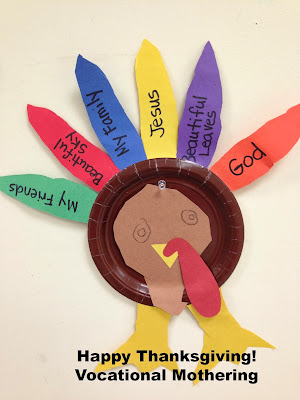Posts
Showing posts from November, 2013

Posted by
Noelle Kirchner
Is Thanksgiving Religious?
- Get link
- Other Apps
Posted by
Noelle Kirchner
Surprises in Breastfeeding
- Get link
- Other Apps

Posted by
Noelle Kirchner
Truth in Suffering
- Get link
- Other Apps

Posted by
Noelle Kirchner
Small, But Packs A Punch
- Get link
- Other Apps